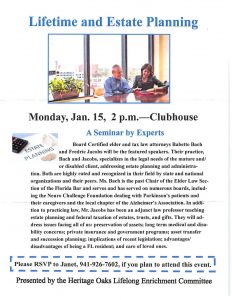Discussing safe driving, or a lack there-of, with an elderly loved one can be a difficult task to navigate. However, if you are concerned about a senior citizen in your life and believe that their driving is starting to become unsafe, you should address this issue in a prompt, open manner.
To approach the subject in an effective style, you should outline what you are going to say before speaking with them. Try to put yourself in the mindset of the older individual. As you age, you start to lose an increasing number of mental and physical abilities, which increases your desire to maintain control over the ones you are left with. For an elderly individual, not being able to drive could equate to losing their freedom. Be gentle when you have this conversation and be certain to take their feelings into account.
When the time comes for this discussion, ease into it rather than bombarding them with a flood of dialogue all at once. If your loved one feels overwhelmed by what you are saying, they are more likely to become defensive and less likely listen to your ideas with an open mind.
Additionally, learn how to rebut objections in a sensitive manner. More than likely, your loved one will spout-off a myriad of reasons why they cannot stop driving. Allow them to openly discuss and talk-through their concerns without immediately offering solutions. This gives you, as well as the loved one you are speaking with, the chance to think through different scenarios and come up with a more comprehensive, well-thought-out solution that meets everyone’s needs. It also keeps them from becoming more defensive and getting in the mind-set that you are trying to irrevocably alter their world.
Finally, be patient. Don’t expect your loved one to come around right away or get angry with them when they object to what you say. Calmly discussing the subject in a kind manner will make them more receptive to what you are saying and will help you navigate this difficult conversation with the least amount of turbulence possible.


